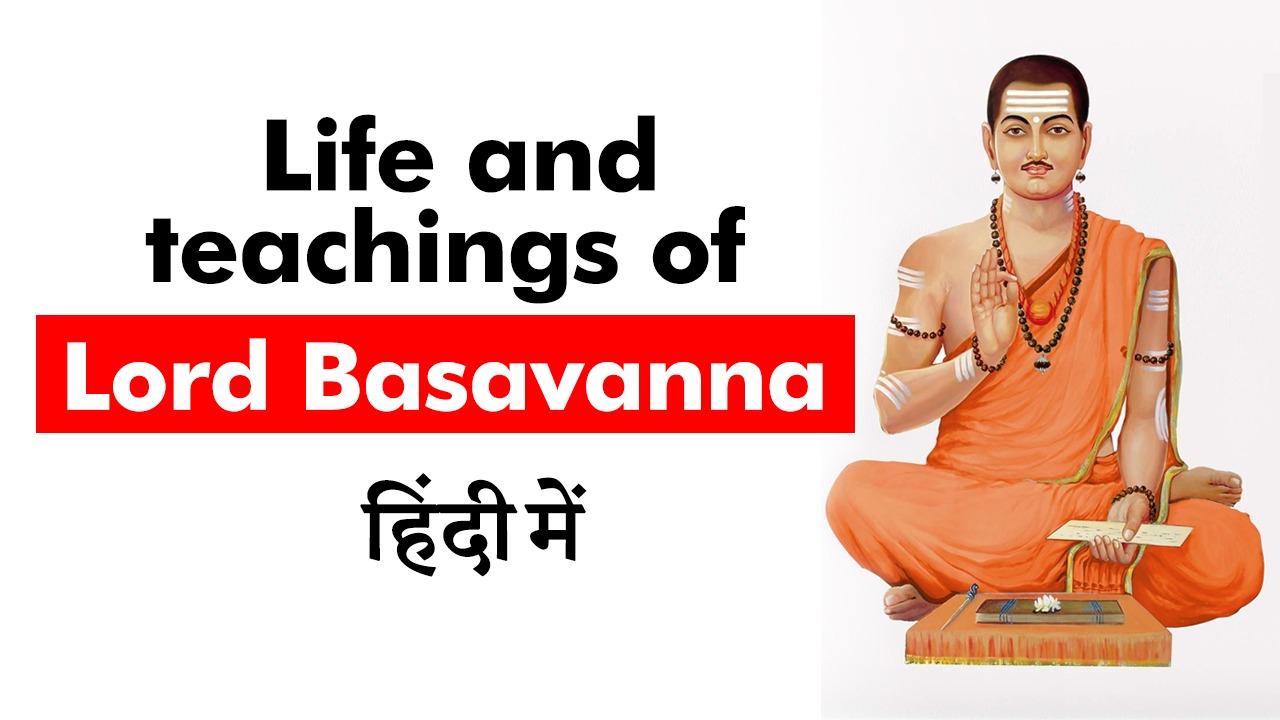Table of Contents
EARLY LIFE
- Basavanna was born in 1105 CE in the town of Basavan bagewadi in the northern part of Karnataka, to Madarasa and Madalambike, a Kannada Brahmin family.
- He was named Basava, a Kannada form of the Sanskrit Vrishabha in honor of Nandi bull (carrier of Shiva) and the local Shaivism tradition.
- Basavanna grew up in Kudalasangama (northwest Karnataka), near the banks of rivers Krishna. Basava spent twelve years studying in the Hindu temple.
PHILOSOPHER
- He began working as an accountant to the court of the king.When his maternal uncle died, the king invited him to be the chief minister. The king also married Basava’s sister named Nagamma .
- As chief minister of the kingdom, Basavanna used the state treasury to initiate social reforms and religious movement focussed.
- One of the innovative institutions he launched in the 12th century, was the Anubhava Mantapa, a public assembly and gathering, which attracted men and women across various walks of life.
WORKS
- Several works are attributed to Basavanna, which are revered in the Lingayat community.
- These include various Vachana such as the Shatsthala-vachana (discourses of the six stages of salvation), Kala-jnana-vachana (forecasts of the future), Mantra-gopya, Ghatachakra-vachana and Raja-yoga-vachana
PHILOSOPHY
- The power of knowledge destroys ignorance;
- The power of light dissipates darkness;
- The power of truth is foe of all untruth;
- The sharana’s experience of god is the sole cure of worldliness; –
- Lord Kudala Sangamadeva
- Dont rob,dont kill, never ever lie dont get angry,dont think negative about others Dont self describe, dont tease others this is the way of self respect, this is the way to get respected by the world. This is the way of impressing my Lord Kudala Sangam Deva.
6 STAGES
- An individual’s spiritual progress is viewed by Basava’s tradition as a six-stage Satsthalasiddhanta, which progressively evolves the individual • through phase of the devotee,
- to phase of the master,
- then phase of the receiver of grace,
- thereafter Linga in life-breath (god dwells in his or her soul),
- the phase of surrender (awareness of no distinction in god and soul, self),
- to the last stage of complete union of soul and god (liberation, mukti).
DARSHAN
- His philosophy revolves around treating one’s own body and soul as a temple; instead of making a temple, he suggests being the temple.
- His trinity consisted of guru (teacher), linga (personal symbol of Shiva) and jangama (constantly moving and learning).






















 WhatsApp
WhatsApp